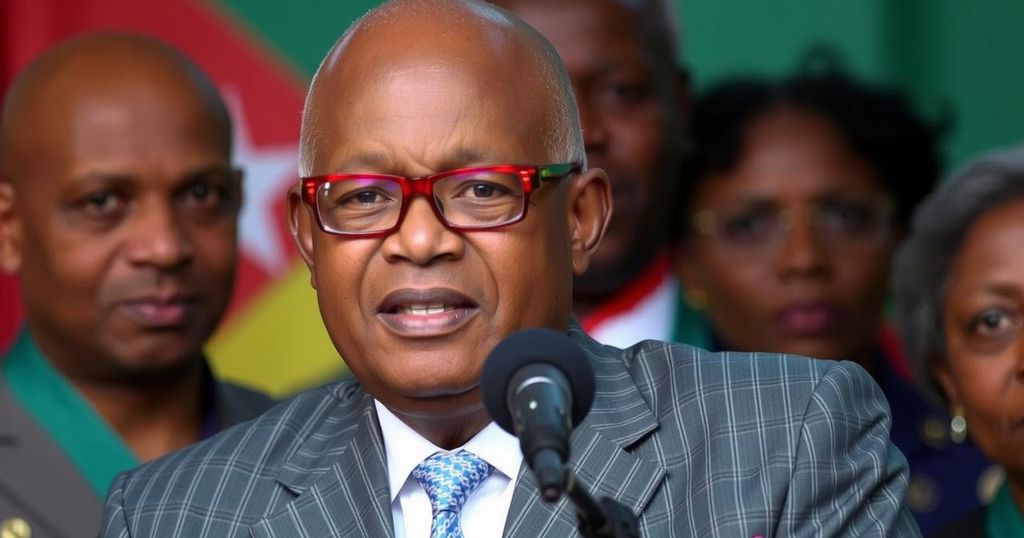Mozambique Court Affirms Controversial Presidential Election Results
Mozambique’s Supreme Court has upheld the results of a disputed presidential election, affirming Daniel Chapo’s victory from the ruling Frelimo party. The decision follows significant protests that have resulted in more than 100 deaths, amidst allegations of electoral fraud and irregularities observed by independent monitors. The prevailing dissatisfaction persists as the opposition plans to contest the ruling and address broader socio-economic issues affecting the nation.
On Monday, Mozambique’s Supreme Court confirmed the results of a contested presidential election, affirming the victory of Daniel Chapo, the candidate for the ruling Frelimo party. This ruling occurs in the aftermath of widespread allegations of electoral misconduct and subsequent protests that tragically resulted in over 100 fatalities. Despite these claims, Frelimo officials maintain their innocence regarding any electoral wrongdoing, even as independent observers reported significant irregularities during the October elections, including unwarranted alterations to the outcomes.
The elections in Mozambique were marred by controversy, reflecting deep-rooted tensions in a country that has seen Frelimo in power since gaining independence from Portugal in 1975. The opposition, spearheaded by candidate Venâncio Mondlane, has accused the Frelimo party of sustaining its grip on power through fraudulent means. The recent protests reflect not only discontent with electoral processes but also highlight wider issues such as economic hardship, climate impacts, and security threats in the country.
The decision by Mozambique’s top court to uphold the disputed election results could exacerbate existing tensions and discontent among the population, particularly among supporters of the opposition. As the nation grapples with economic crises, devastating natural disasters, and ongoing security challenges, the political landscape remains volatile, potentially compromising stability and governance in the near future.
Original Source: www.nytimes.com




Post Comment